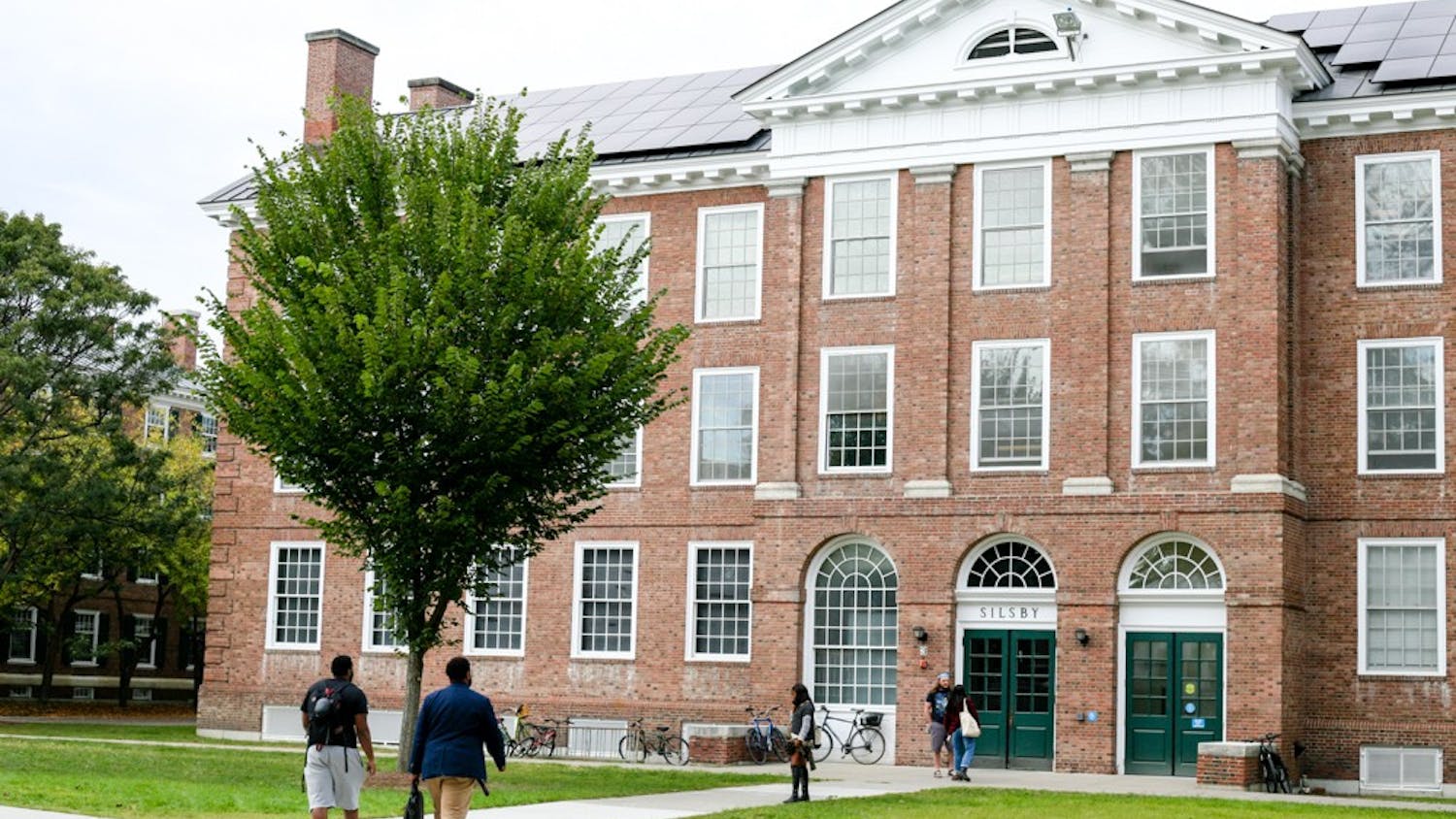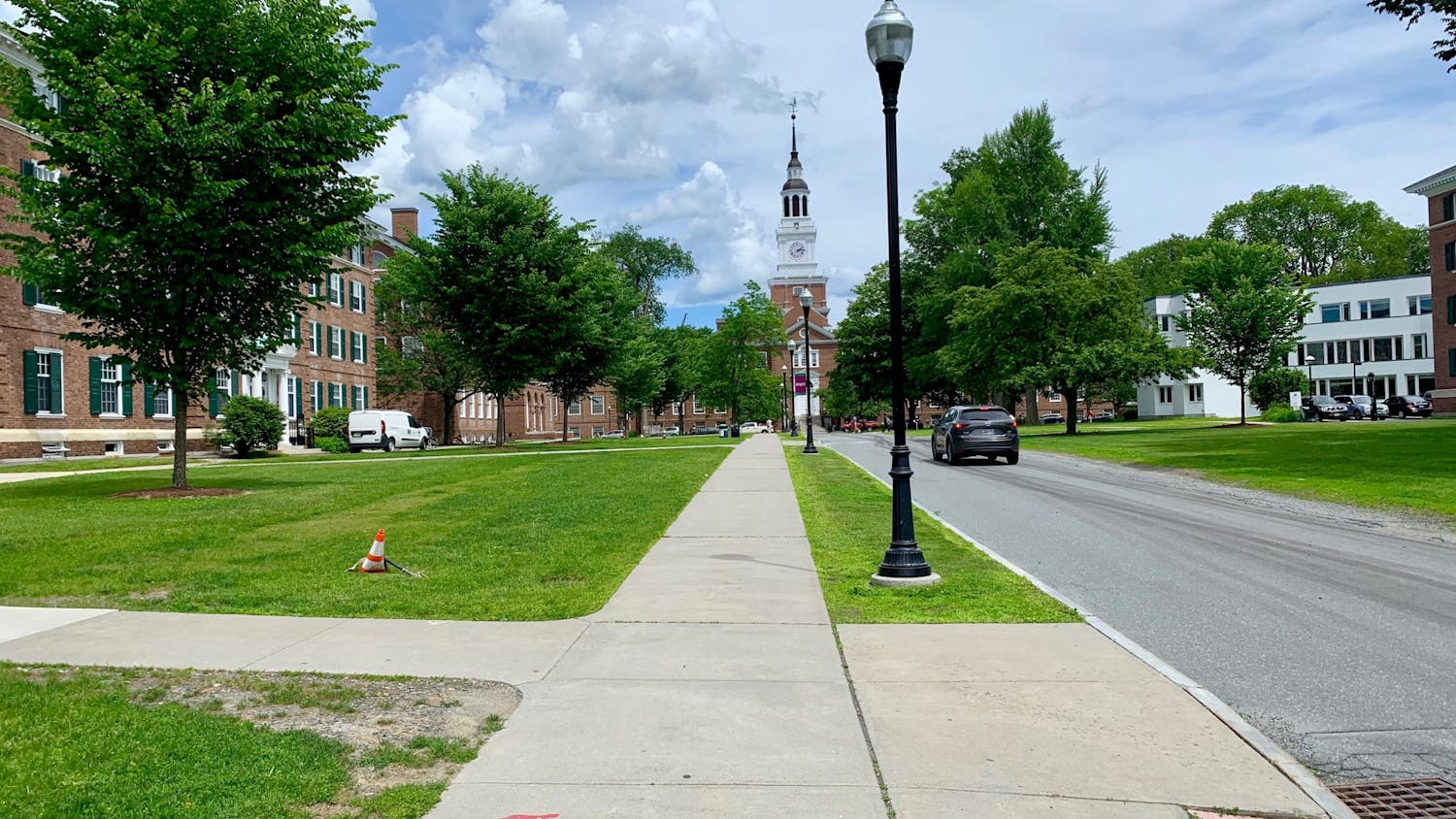A unique asset of the D-Plan is the extended winter break that Dartmouth refers to as “winterim.” Students head home before Thanksgiving, free from work and worries, and get to enjoy time off until winter term begins in early January. But this year, due to COVID-19, things look a little different. While students will still return home before Thanksgiving, finals period will not take place until the week following that holiday. This creates a 13-day gap between the final day of classes and the first day of finals.
At least among my friends, reactions to the change have been largely negative. Not only does the new schedule shorten winterim by nearly two weeks, but it means that Dartmouth students will now join peers at other institutions in studying for finals during Thanksgiving break.
Dean of the College Kathryn Lively said that the rationale behind the shift was to allow Dartmouth students who are on campus the chance to head home during a less crowded travel period.
“Given how travel is in the U.S. over Thanksgiving … we were looking at what the projections were for the case counts across the country,” Lively said. “We decided it would be better to send students home on this side of Thanksgiving, because had we waited for finals to be over, technically [the end of term] would have been right up on top of [the holiday].”
The change is intended to benefit students who are living on campus and planning to take a flight home. Still, not all of these students agree with the decision.
One such student is Arturo Serrano Borrero ’24, an international student from Panama City, Panama, who is currently living on campus. Due to international travel restrictions, Serrano cannot fly home until a week after classes end — which means his flight still falls during peak Thanksgiving travel.
Once he gets home, Serrano believes the delayed finals will only take away from important family time. Despite not growing up in America, Serrano said he will miss out on a stress-free Thanksgiving.
“I did used to celebrate Thanksgiving with my family back home in Panama,” Serrano said. “For us it is a dinner and prayer … and it is definitely an afternoon where I don’t want to be thinking about three tests and studying.”
Lively said that all administrative decisions surrounding the pandemic focus on two factors: academic continuity and community safety and health. Many have noted the absence of a third category: students’ mental well-being and happiness. In response to concerns about student mental health, Lively acknowledged the added stress a delayed finals period could create.
“We are sorry if this is going to actually dampen people’s holiday spirits, but we would rather have them dampened because they are stressed about their exams than because they are held up in their room with symptoms,” Lively said. “It’s not a perfect year on [a] number of counts, but we are trying to do the best that we can.”
Though the decision to reschedule finals period was made before fall term began, some professors noted that they could not recall being formally informed about the decision to move finals, and that they were not involved in the decision-making process. Physics and astronomy professor Yorke Brown addressed the communication on the topic.
“I actually do not recall ever having been notified,” Brown said. “That doesn’t mean it didn’t happen — I mean that very sincerely. I have been kind of frazzled here for the past few months, and I have missed stuff.”
However, art history professor Mary Coffey also felt out of the loop.
“Ironically, I was on a lot of committees where we were getting briefed on this stuff, but I did not know,” Coffey said. “I discovered [the delay] when consulting the Registrar when I was constructing my syllabus.”
Coffey said she realized the finals schedule had changed when she looked for her class’s designated finals period and couldn’t find it at the expected time.
Both professors said that they had no insight into why the decision was made. Furthermore, both Coffey and Brown agreed that while their classes were flexible enough to accommodate the change, the new schedule wasn’t convenient.
“For me as a professor, I would personally like to be done with it before the holidays,” Coffey said of finals. “It does cut into my winterim, which is an important six-week period for professors where we get work done we can’t do while we teach, [and] we prep our next course.”
Coffey also said that the amount of prep work for professors has increased substantially since classes went remote, making the break between fall and winter especially important.
Both Coffey and Brown said they empathized with their students’ concerns, admitting there must be an added level of stress that comes with a nearly two-week break between the end of classes and final exams. While Thanksgiving is usually a time to eat delicious food and hang out with family, looming finals will undoubtedly change the mood.
Fortunately for Serrano, he has only one exam scheduled during the designated finals week. This seems to be a common occurrence, as some professors have decided to bypass the delayed finals week by assigning a final on the last day of class with a flexible due date, not administering a final exam or holding an exam before the end of classes. While this condensed timeline may seem stressful, many students and professors are still eager to finish work before Thanksgiving break.





